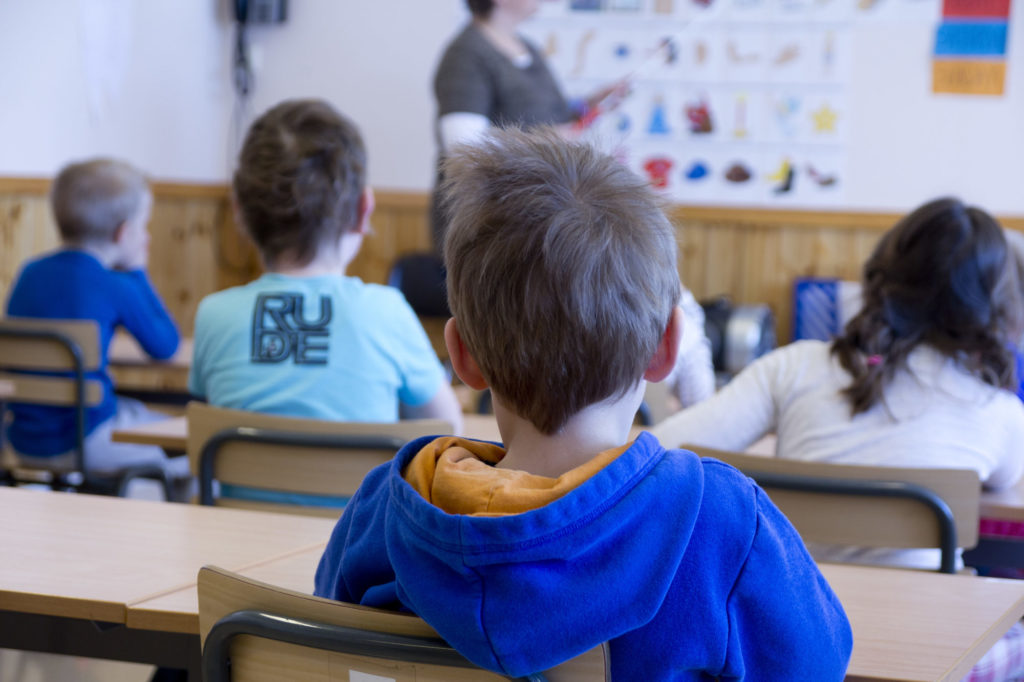This WG aim is to debate the transition from education (formal, informal and non-formal) to the labor market in the context of rural development. This general aim is divided in two specific goals.
Our first intention is to bring forward a sample of the new challenges in terms of qualifications in rural areas. Among those are topics such as acquiring, accumulating and confirming qualifications that allow individuals to function more efficiently in the social space (both at the macro, meso and micro level). Our second intention is to explore qualifications opportunities (and needs) among a growing, and much ignored disadvantaged group: youths not in employment, nor in education or training (NEET) living in rural areas. The proposed WG engages with thematic line 2 of the conference (social justice and rural space and places) as it will debate how rural identity and belongingness, the transition from education to the labor market, engagement in land use and sustainable use of resources contribute to increase the competences of individual residents and reduces youths risk of social exclusion, as a consequence of building and stimulating the resilience of rural social systems.
Topic: People interested in the subject are invited to discussion on topic, such as:
- What qualifications should residents of rural areas have (e.g. enthusiasts, employees and citizens), and what will they need in the future?
- How should we organize formal education (in schools, colleges and universities) and how should we organize and facilitate non-formal and informal learning to properly support the acquisition of necessary qualifications in learners?
- How should the system be organized so that the inhabitants of rural areas can confirm their competences from one side and use them in their work?
- What do we know thus far regarding rural NEETs qualifications profile and qualifications needs?
- How can these youths be characterized in terms of their social skills?
- How do rural NEETs stand regarding their agricultural education background? And how does this connect with being at risk for inactivity or unemployment?
Format: We propose a lightning talks session, with the following structure: 1. Opening statement (5 minutes); Five presentations (8 minutes each): covering the suggested topics; 2. Plenary discussion (40 minutes) 4. Summary of main conclusions (5 min).
Abstracts
Working Group Session 4 Thur 11:00 – 12:30
- Anna Sitek – Qualifications: A new opportunity for development and its residents – the case of Poland
- Anna Plutoska – The Integrated Qualifications Register as a suport for the practical implementation of lifelong learning policies in rural areas. Case of Poland
- Guadalupe Ramos-Truchero – Agriculture training for farmers in the framework of rural development policies: A case study from the Basque Country
- Sinéad Flannery – Important Role of Vocational Agricultural Education in Developing Rural Communities and Engaging with Rural Youth
- Ilkay Unay-Gailhard – Rural youth’s job access after leaving agricultural education
- Elena Marta – Who are Italian “NEETs”? A study on rural and non-rural NEETs’ social skills
- Francisco Simões – Rural NEETs qualifications: What do we know so far?

